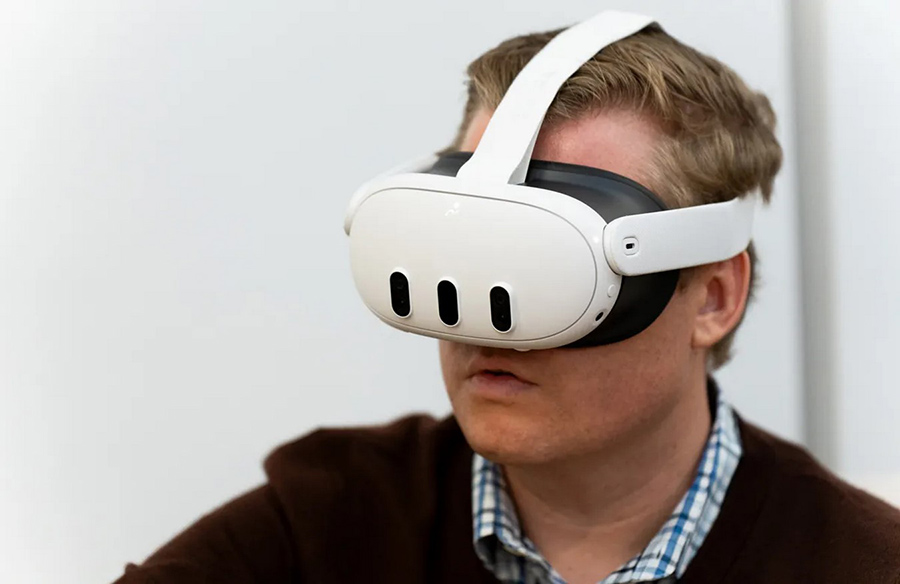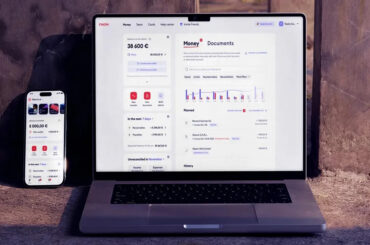Immersion, a leading provider of haptic feedback technology, has reached a settlement with Meta concerning the use of touch-feedback in Meta’s Quest VR headsets.
Licensing Agreement
In a recent press release, Immersion announced that it had entered into a licensing agreement with Meta, granting Meta access to Immersion’s patents for haptic technologies. The agreement encompasses Meta’s hardware, software, VR, and gaming products, although specific terms of the deal were not disclosed.
Immersion’s President and CEO, Eric Singer, expressed satisfaction with the agreement, stating, “We’re delighted to grant Meta a license to our patents for haptic technologies. We’re excited to license Meta for their delivery of high-quality haptics in their devices.”
Background and History
Founded in 1993 and headquartered in Aventura, Florida, Immersion initially gained recognition for its collaboration with Microsoft in integrating haptic feedback and touch technology into Microsoft’s DirectX APIs. Over the years, Immersion has expanded its patent portfolio through strategic acquisitions, including a significant acquisition from Cybernet Systems in 1999.
Patent Disputes and Litigation
Despite its advancements in haptic technology, Immersion has faced criticism and legal challenges. The company has been accused of adopting a patent troll strategy, acquiring numerous haptic feedback patents through mergers and acquisitions. In 2002, Immersion filed lawsuits against Microsoft and Sony, alleging patent infringement related to game console controllers. Both cases resulted in settlements, with Sony paying $150 million and Microsoft acquiring a stake in Immersion.
Recent Legal Actions
In subsequent years, Immersion has pursued legal action against other technology giants, including Apple and Valve, over alleged patent infringements. However, questions have been raised about the legitimacy of some of Immersion’s patents, with critics suggesting that certain patents cover existing technologies or represent minor innovations.
Business Challenges and Outlook
Despite its legal victories, Immersion’s business model has faced scrutiny. The company’s revenue has remained relatively stagnant, leading to concerns about its long-term sustainability. While litigation has provided temporary boosts to Immersion’s stock price, ongoing legal battles with industry giants pose significant challenges.
Conclusion
The settlement between Immersion and Meta marks a significant development in the field of haptic technology. As both companies strive to innovate and deliver immersive user experiences, the resolution of their legal dispute paves the way for collaboration and continued advancements in the VR and gaming industries.







